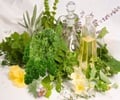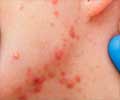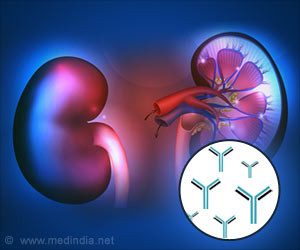University of Rhode Island researcher Navindra Seeram, has found more than 20 compounds in maple syrup from Canada that have been linked to human health.
University of Rhode Island researcher Navindra Seeram, who specializes in medicinal plant research, has found more than 20 compounds in maple syrup from Canada that have been linked to human health, and 13 of these compounds are newly discovered.
In addition, eight of the compounds have been found in the Acer (maple) family for the first time.Several of these anti-oxidant compounds newly identified in maple syrup are also reported to have anti-cancer, anti-bacterial and anti-diabetic properties.
Serge Beaulieu, president of the Federation of Quebec Maple Syrup Producers, said Seeram's lab is but one in an expanding multi-national network of research facilities dedicated to the study of maple products from Canada.
"We are proud that our producers are generously supporting this research, bringing to light a greater understanding of the gastronomic and health benefits of maple products. It is not just for Canada, but for the welfare of consumers around the world," said Beaulieu.
Genevieve Beland, federation marketing director, said the group has learned that maple products are much more than sugars with only calories to contribute.
"Recent research findings, such as those by Dr. Seeram, reveal a whole array of bioactive compounds that promise to offer many health benefits. Our journey to understanding these benefits has just begun," she said.
Advertisement
"We speculated that the sugar maple is wounded when it is tapped for its sap, and that it secretes phenolics as a defense mechanism," he added.
"But when you boil the sap down, there could be higher levels because syrup is a highly concentrated liquid. Plus, the natural plant bioactives could remain intact or undergo process-induced chemical changes during the heating process resulting in further-derived bioactive compounds," he added.
The biomedical scientist said such early research is exciting because many people would not associate such a sugary product with healthy biological properties.
"At this point, we are saying, if you choose to put syrup on your pancakes, it may be healthier to use real maple syrup," he said.
Seeram has acknowledged that real maple syrup is pricier than commercial brands with maple flavouring or even those with no or very little maple syrup.
The study has been presented at the American Chemical Society's Annual Meeting in San Francisco.
Source-ANI
SRM















